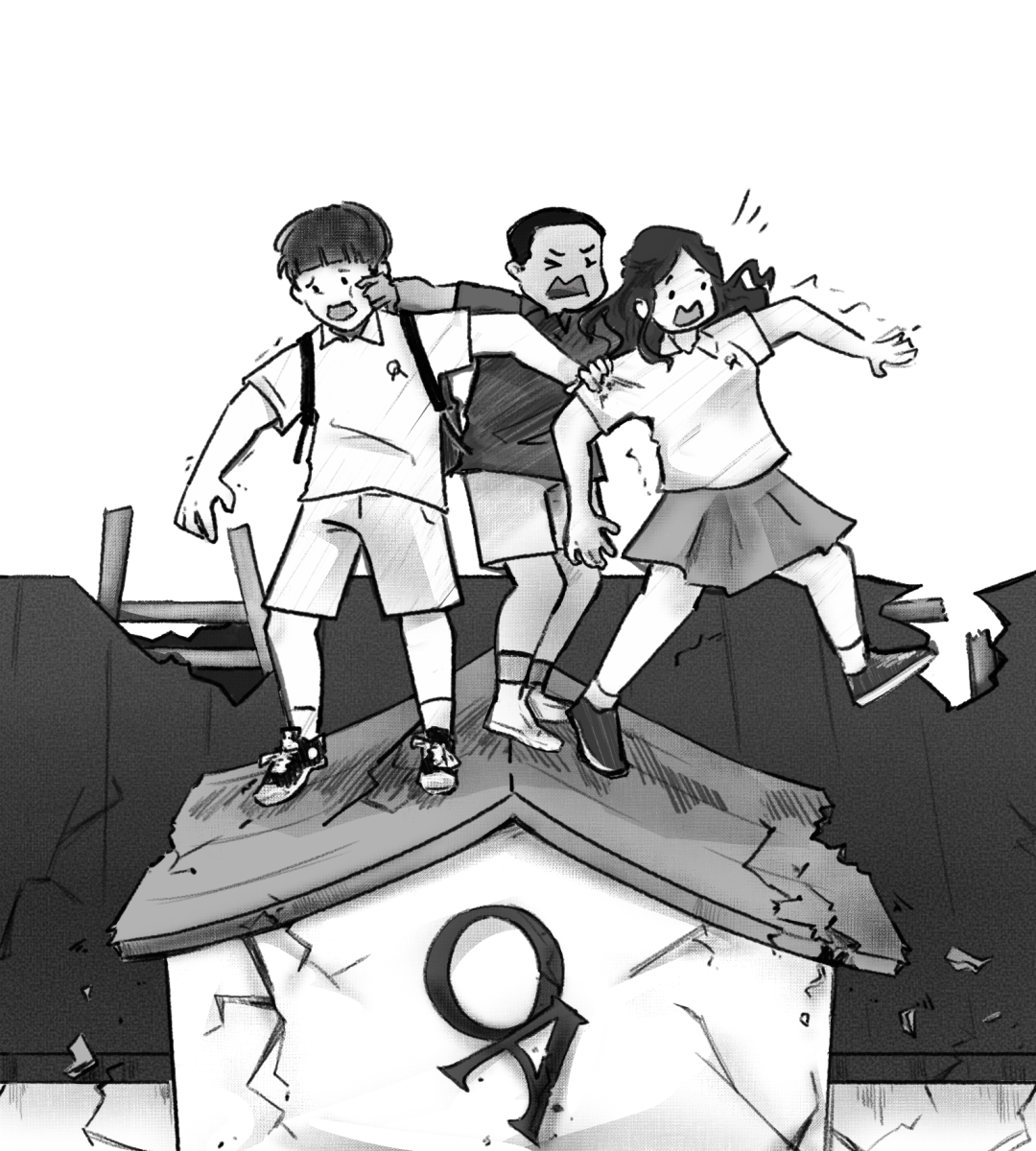In the figure skating world, Kamila Valieva, a 15-year-old Russian athlete, was nothing short of a prodigy, captivating global audiences and amassing numerous world records with stunning performances. However, at the 2022 Beijing Winter Olympics, what should have been the pinnacle of her career was overshadowed by a doping scandal, highlighting the sport’s need to prioritize the well-being of young athletes over the relentless pursuit of medals.
At the Russian Figure Skating Championships, Valieva tested positive for trimetazidine, an endurance-enhancing heart medication banned since 2014. Despite this, she competed in the Beijing Olympics, helping the Russian Olympic Committee secure gold. Shortly after, the International Skating Union (ISU) disclosed her positive results, sparking legal and media scrutiny.
On Jan. 29, 2024, the Court of Arbitration for Sport (CAS) declared Valieva guilty, imposing a four-year ban and disqualifying all competitive results. The ISU reordered the 2022 Olympics medals, placing the previously second U.S. team in first.
The Kamila Valieva doping scandal underscores the intense pressures on young athletes in the fiercely competitive realm of figure skating, stemming from the burden of representing an entire nation and the demanding expectations of their coaching teams.
Her coach, Eteri Tutberidz, has an open history of abusive training methods, including hormone blockers, strict diets replacing food with powdered nutrients, and practicing to the point of fainting, all in the pursuit of perfection at the expense of the long-term health of these young girls. For instance, Yulia Lipnitskaya, a 2014 Winter Olympics gold medalist and a former “Eteri girl,” developed anorexia during her time with the coach, who often praised her restrictive diet in interviews.
All the adults in Valieva’s life failed their ethical responsibility of supporting her physical and mental well-being, pushing her to drastic and dangerous measures to ensure glory at the podium while leaving her to face the repercussions of their actions, forever staining her future as a figure skater. Her entourage should not only receive the same public criticism but face the appropriate legal and professional consequences for their actions.
The IOC must take proactive steps to ensure the safety of athletes by implementing age-appropriate competition and strictly enforced training guidelines. Rigorous investigations into coaching practices must be conducted, with those found guilty of abusive regimens facing immediate suspension or permanent removal. To help them healthily navigate the unique hardships of elite competition, athletes also must undergo regular mandatory mental health assessments.
In moving on from this scandal, the figure skating industry and sports organizations must confront the abusive coaching culture to protect young athletes. By dismantling abusive practices and adopting ethical standards, the community can create a nurturing environment that values the well-being of its athletes over glory.

























































